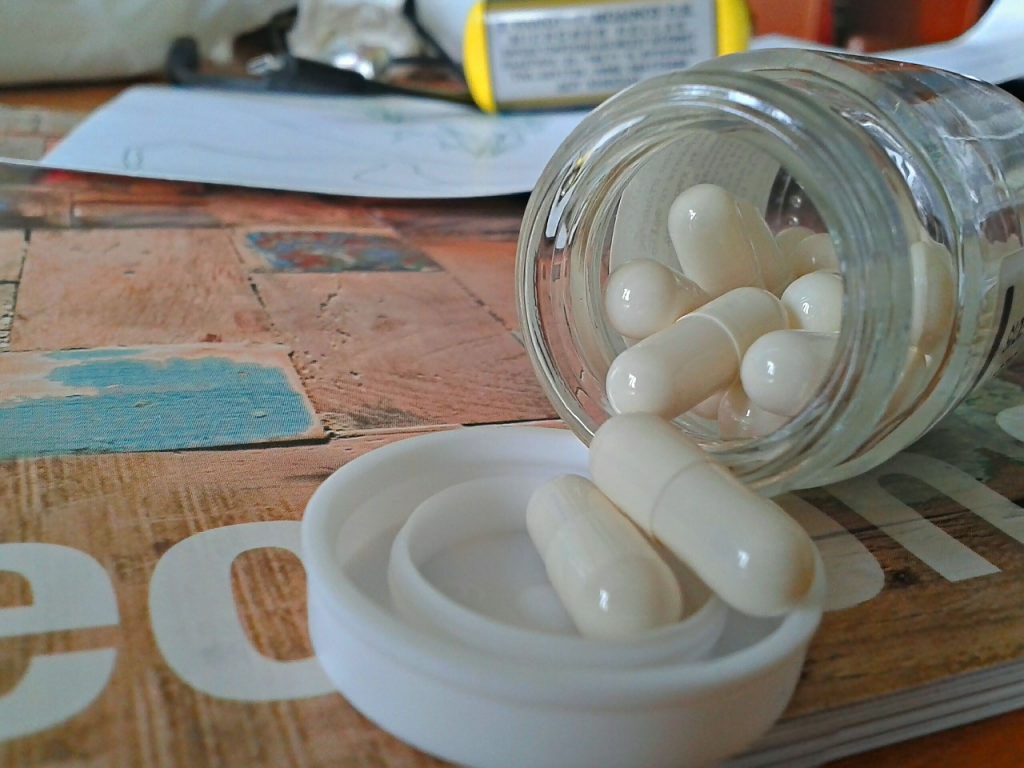Some medications in hospitals are really seldom used and administered, but it is important to keep them ready and up-to-date. The medications are usually quite expensive, however, they expire really quick. Hospital stuff should be really careful when to administer those medications and their level. Blood factors or snakebite antivenoms (other types of antivenoms as well), some kinds of vaccines are several of those medications. To make the process of administration less complicated, San Diego hospital runs Radio-frequency identification – based (RFID-based) Intelliguard system developed by MEPS Real-Time Inc. (California company, based in Carlsbad). The system consists of readers, passive tags, RFID patient trays, drug-dispensing cabinets and tabletop reader. Readers are commissioning tags which are attached to each medication package.
You can read another article about automatic dispensing systems here.
The testing of the system was launched in December 2010 in San Diego hospital and will be running and testing for about four months more, to check how the system works. There about 40 different types of medications were tagged by a staff member when drugs were delivered from vendors. Those are highly cost medications, which are not used frequently. After the tag is attached, another worker place tagged medication on the tabletop reader and software designed by MEPS Real-Time Inc. associates the tag with a certain medication (usually with a dose of the drug). The association is available with the Intelliguard software, which is compliant with the HL7 medical standards.
Test limits
San Diego hospital has doesn’t tag all the valuable medications for now. On the first stage of testing, only drugs which can be stored at room temperature are tagged. After all the medications are tagged, they are placed into the RFID cabinet. As for now, only one cabinet is available as the storage for medications. On February 2011, the second cabinet will be used to store medications which are sensitive to temperature. Each cabinet has its own reader, which is scanning the medications stored in the cabinet each time it’s opened or closed. It also scans the medications inside on daily basis, which should help to keep medications on the same level. To make sure that a built-in interrogator reads only tags of medications which are inside the cabinet, each cabinet has the radio-frequency shield to prevent ultrahigh-frequency transmitting from outside to be read. It will help to read only the tags inside the cabinet, not the tags of medications removed from the cabinet or located near it.
The goal of this testing is to check if Intellyguard system is able to make medications managing easier to administrate and if it will help to keep medications in stock at the same level. This should reduce the amount of medications expired and the number of items which are never administered. Hospital stuff used kanban system (workers placed cards instead of removed medications, so it was easier to count medication in stock) to administer medications. If the current testing will be successful, Intelliguard system will be used further to track and administer medications. Intelliguard will also help to re-supply medications in the most efficient way.
Technical specification
MEPS Real-Time president, Shariq Hussain, said that his company was the part of Safety Syringes (needle guards manufacturer) till 2001. The first products of MEPS Real-Time Inc. were based on 13.56 MHz radio-frequency ID tags. However, the quantity of those tags was not that high to be read when they were attached to liquid medications placed in a storage cabinet. Hussain said that a number of readable tags were about up to 40 if products were placed near each other in one cabinet. From that moment, MEPS started to test tags with 2.45 GHz frequency. Same tags are now used by the San Diego hospital. Now the system can read correctly about a hundred tags per drawer in a cabinet and about eight drawers in the same time because tags frequency is higher and MEPS is using the standardized hardware. Before 2008, the system was designed to read previous generation tags as well, but lately, MEPS refused from this idea.
Hussain also wishes wholesalers and distributors to step up and participate in future testing and pilots of their Intelliguard system since it could be used by all the pharmaceutical companies and health care providers. Medications can be tagged even before shipping, which should make medication count and resupply even easier than in the San Diego hospital.

